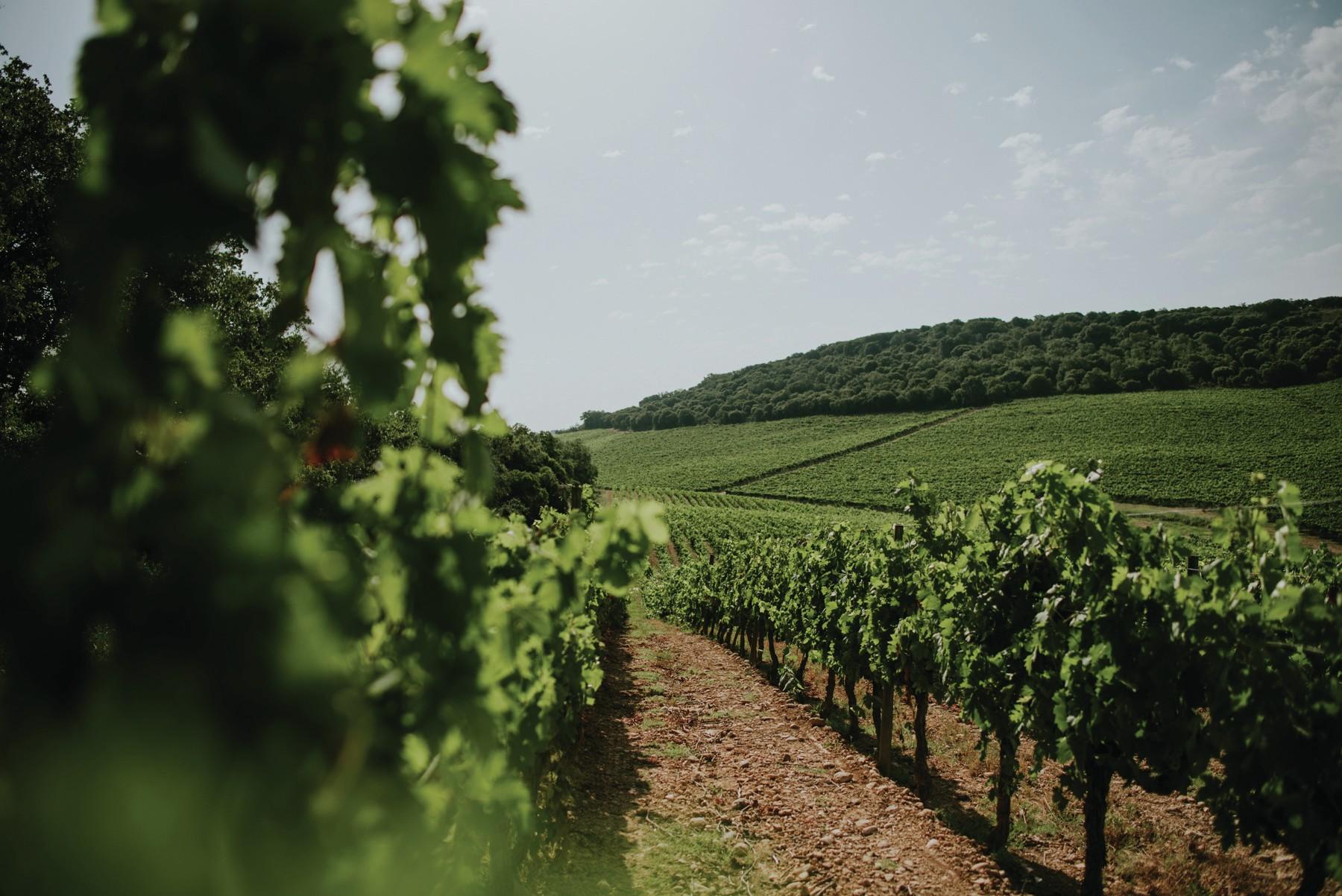Language and brand awareness highlighted for China market
Industry leaders from across the Chinese wine and spirits industry highlighted the role of language and brand awareness in the rise of Chinese wine and spirits sector at a panel discussion held in Hong Kong this week.
Led by WSET chief executive Ian Harris, the discussion included Jeannie Cho Lee MW, Terry Xu DipWSET, founder of Aroma Republic and Sean Robson DipWSET, merchandising manager of Beers, Wines and Spirits at Wellcome Supermarkets in Hong Kong.
As China’s market grows, communication becomes paramount to wine and spirits education. According to figures from WSET, 85% of WSET education in Hong Kong and almost half WSET education across China are in English. This led to the question of whether there is a disconnection between learning about wine in English compared to using the knowledge and operating businesses in Chinese.
While the panelists agreed that entry level courses such as L1 and L2 should be offered in local languages in addition to English for wider audience reach, for higher education such as diploma or master of wine, the universal trade language should still remain in English.
When it comes to brand names and specific phrasing in local language, translation remains a key hindrance.
“Translation is a huge issue and I think the only way to really solve that in my mind is always to have the original name in parenthesis in English next to it if you have any doubt. Wine description is about nuance and about being able to relate in a cultural way and so if you take something literally it actually doesn’t translate so you have to be slightly poetic in the way you translate. Names in Chinese don’t go more than three syllables and yet you have these place names and producers that are 10 characters long because they are translated phonetically and it doesn’t make sense,” commented Jeannie Cho Lee MW, who deals with translation problems everyday in her tasting notes.
Sean Robson agreed and noted that the confusion regarding translations adds to customers’ dismay in supermarkets as well: “You get a cross section in the stores that we’re operating in here. In stores like Oliver’s and 360, consumers have a pretty good understanding but if you go out further they tend to go straight for the known brands and this is where the beauty of marketing comes in as people look for brands they know.”
Partner Content
Speaking about brand awareness, Jeannie Cho Lee MW said, “I think that when you are dealing with people who are not as familiar with wine the most respectful thing that one can do is ask them what style they enjoy or what wine they liked and from that information you try to direct them in a way that’s not confusing.
“The beauty of wine is that you move up and become even more fascinated and the fact that it is so diverse and so fragmented and difficult for marketing people is what makes it interesting and fascinating that we’re forever learning.”
Terry Xu commented on the role that education should play, “The new generation in China are eager to learn but you can only ask them to learn when they are ready. There is too much focus on knowledge now, what we lack is passion. We need to bring passion to inspire the desire to learn more.”
Ian Harris agreed, closing with, “Education comes through many forms. Our courses provide the foundations of knowledge to teach you about different wines and spirits and how to taste them, but alongside that, real tasting experience is the most important part of the journey to inspire a passion to learn more.”





I am looking for a program in wine with scholarship if possible please contact me I am from Kathmandu my contact number is +9779843665938 thank You